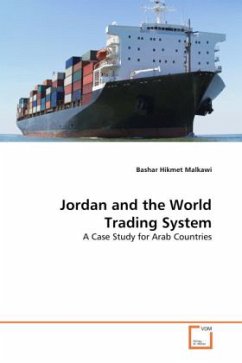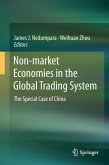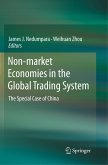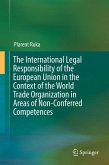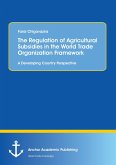The book examines the implications of the international trading system to Arab countries. The book covers Islamic law and free trade ideology, the relationship between Arab countries and the WTO, and Jordan's accession to the WTO as a case study for other Arab countries. Moreover, the book discusses the U.S.-Jordan Free Trade Agreement and whether it can be the template for the proposed US-Middle East FTA in 2013. The book comes at a time when there is a call for reform in Arab countries, including trade liberalization, and when the U.S. has concluded bilateral free trade agreements with several Arab countries such as Morocco, Bahrain, and Oman. Historically, the study of international trade in Arab countries was an obscure subject for a handful of economics specialists. This book will help pinpoint the lacunae in this kind of scholarship by cutting across many subjects, using multiple methodologies and interdisciplinary approaches, such as religion, economics, and law- international as well as domestic. Therefore, it is hoped that the book will contribute to an understanding of the under-studied international trade law in Arab countries, and be a valuable source to policymakers in Arab countries who are in the pipeline of signing trade deals with the U.S. and anyone else who want to learn more about trade liberalization in Arab countries.
Bitte wählen Sie Ihr Anliegen aus.
Rechnungen
Retourenschein anfordern
Bestellstatus
Storno

